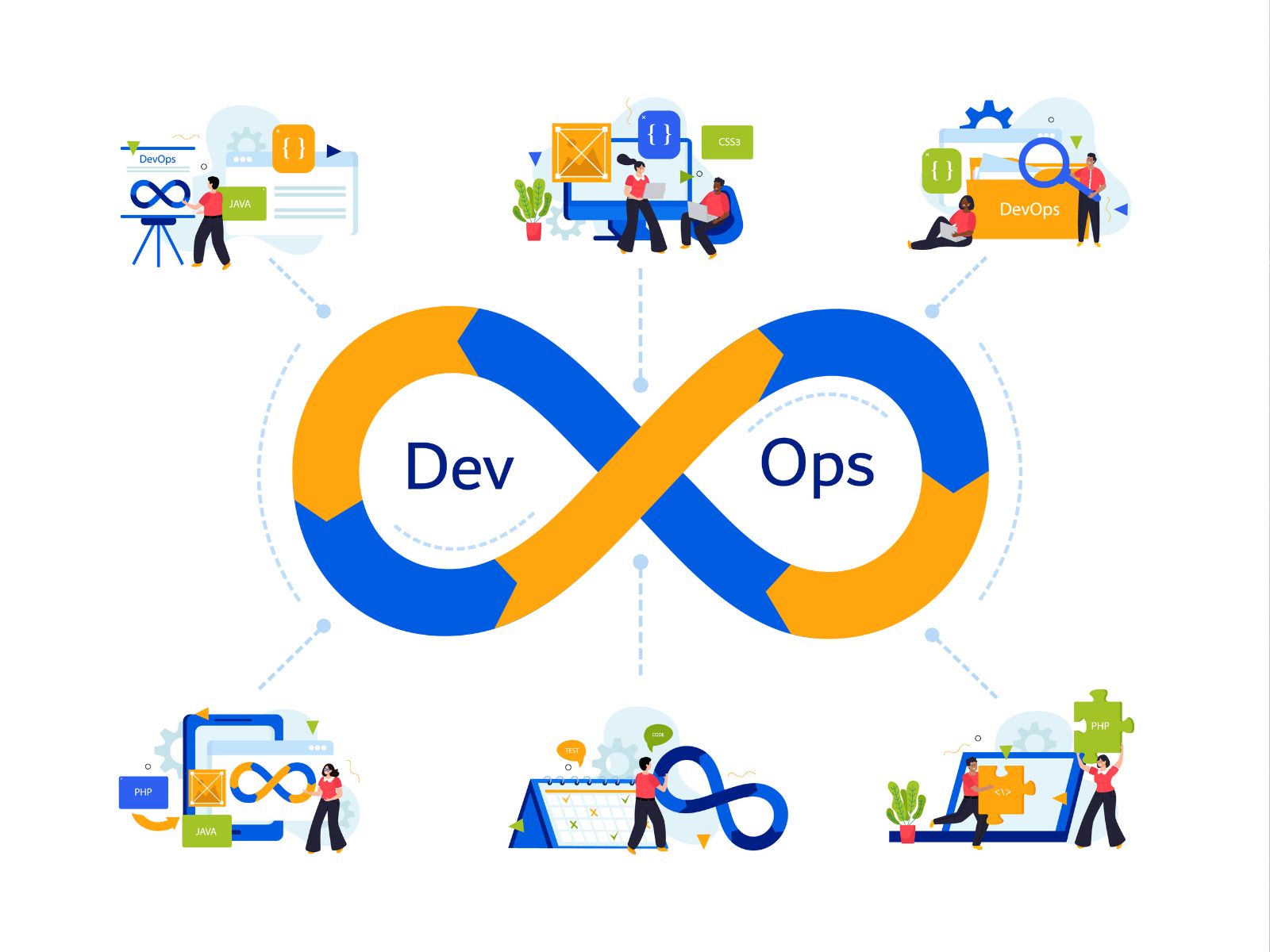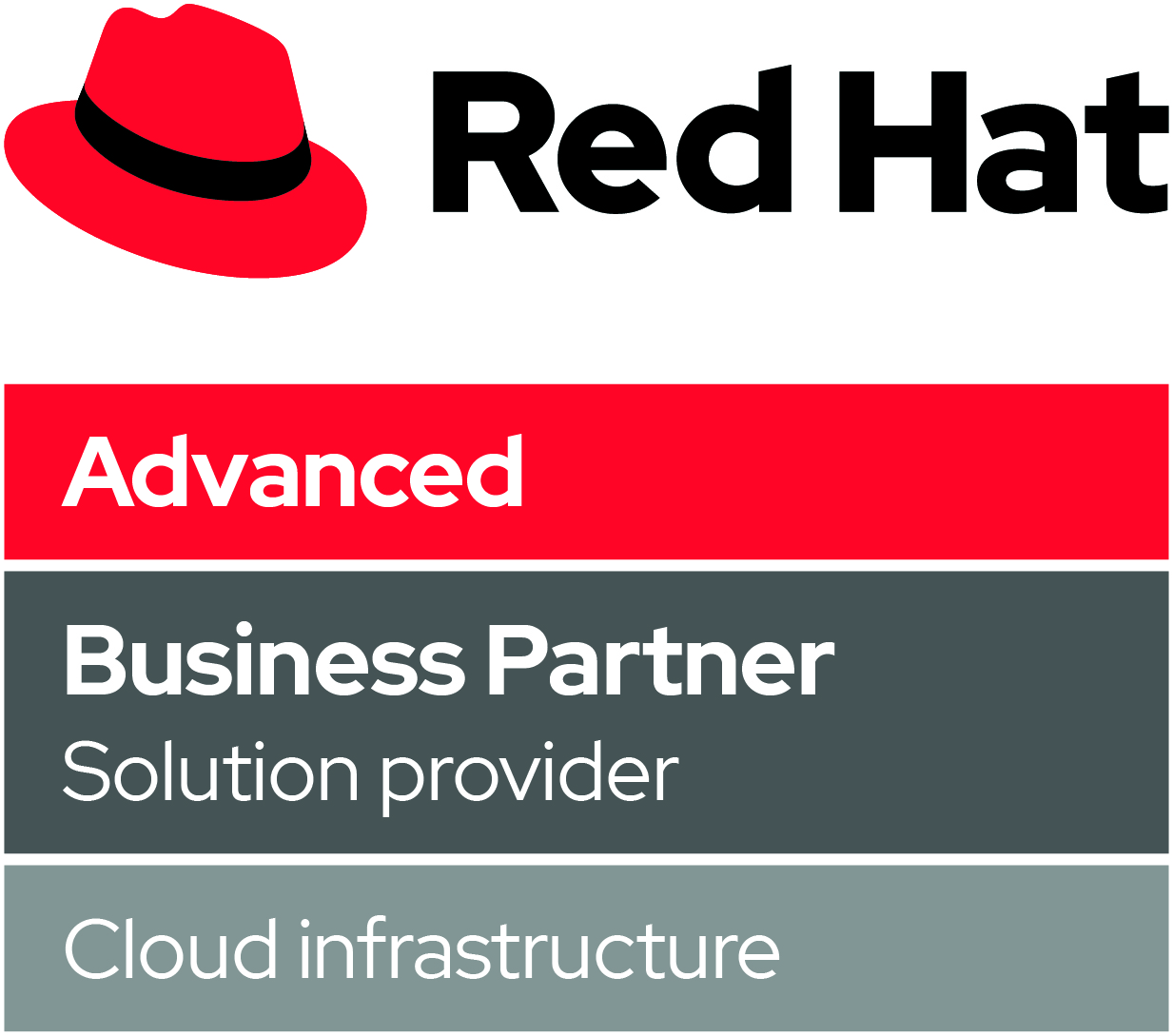Introduction: why DevOps
DevOps originated as an innovative model for software development and synthesises an organisation’s Development & Operations Teams. A collaborative methodology, DevOps increases an organisation’s ability to deliver solutions at pace without sacrificing quality. Notably, it makes use of automation, continuous feedback loops, continuous improvement, and processes such as continuous integration & delivery (CI/CD).
To read about the core features of DevOps, please refer to our recent article: DevOps, Core Operations.
In this article we will concentrate on the why of DevOps. We will ask: Why do organisations use DevOps? And: what benefits does DevOps have for both the solution provider and the end customer?
You will find, below, a discussion that outlines the benefits of DevOps to organisations as well as the benefits of DevOps led deployments for the end customer and users.
Benefits for Solution Providers
Here, we will outline the main benefits of a DevOps approach for a solution provider. These benefits, though, translate into a higher quality product for the end customer and users. Therefore, these should be understood as holistic benefits that improve digital transformation and the functioning of technology infrastructures throughout different industries and sectors.
Rapid Delivery and Speed
DevOps allows developers to function at an increased pace of work. This increased velocity encourages innovation because teams have more resources/time to adapt and improve the product. This also allows teams to work with greater efficiency and allows an organisation to meet its business goals more easily.
Similarly, DevOps realises the potential of rapid delivery which has massive benefits to development and delivery. Being able to release new features and seamlessly adjust them – i.e., fix bugs, and patch code – means more agile delivery and stronger end products. This is achieved through core DevOps practices such as automation and CI/CD.
Scalability
A DevOps implementation benefits from being able to operate/manage infrastructure and development processes at scale. This scalability is powered by core principles such as automation and consistency, which allow technicians to manage complex systems efficiently. It also allows technicians to cope with change, which may be large in scale and/or involve regular minor patches.
As an iterative methodology, DevOps manages scale by reducing the workload into manageable sprints. These, then, involve feedback loops and continuous improvement processes which, in turn, reduce risk.
Reliability and Risk Reduction
DevOps is successful because it translates into improved quality standards and more reliable end products. Projects, from start to finish, also benefit from improved reliability whether it be the development processes, deployment or operating related tasks.
Continuous monitoring and testing is present at every phase of a DevOps project. This involves the use of alerts, security tooling, data analytics/logging and an overriding principle of collaborative improvement. Monitoring and logging practices are crucial because they allow DevOps teams to stay informed in real-time, facilitating interventions when needed and reducing the need for large scale fixes.
Security
Critically, the increased pace and agility of DevOps deployment does not sacrifice security. In fact, DevOps methodology and processes provide many opportunities to improve security. This is because continuous improvement and feedback loops result in compliance checks and security tests at every phase of the project.
Preserving compliance and ensuring control is enhanced by automated processes in a DevOps deployment. For example, compliance policies can be automated, and fine-grained controls and configuration management techniques implemented. These techniques include key DevOps practices such as using infrastructure as code.
Notably, the DevOps model can be expanded through the inclusion of an organisation’s security team. This would involve the security team’s direct input at every stage of a project. This DevOps structure is known as DevSecOps.
Cost Effective
DevOps as a model of working improves cost-effective delivery. This agile manner of working frees resources, makes the completion of projects faster without sacrificing quality, and allows you to pass on some cost-benefits to the customer.
The more efficient working model also increases the pace and precision of projects. This has a cascading effect beyond individual projects because it helps to prevent bottlenecks from occurring. For example, when working in a DevOps model the likelihood of a project overextending is reduced. Similarly, the likelihood of a project suffering from exponentially increasing costs and/or resource demand is also greatly reduced. This has obvious and massive cost reduction/management benefits.
End-to-end Responsibility
DevOps, by synthesising Development and Operations teams, encourages a greater sense of end-to-end responsibility. This is because multiple teams and professionals are involved in many or all stages of the solution. As a result, collaboration between teams is improved and communication increases to ensure risks are mitigated and/or identified fast.



